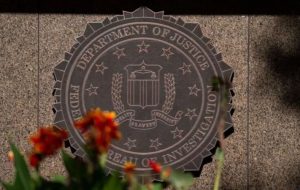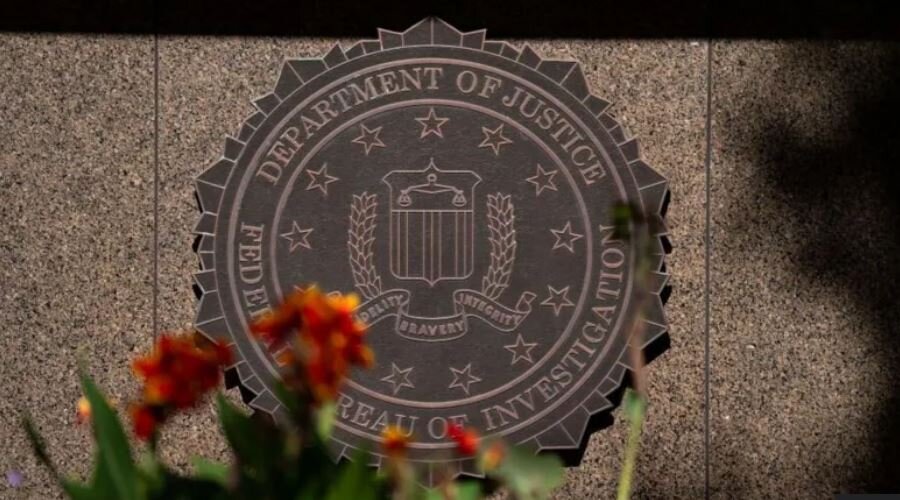What is the truth behind U.S. accusations of Iran’s role in terror plot?
TEHRAN – Iran has categorically denied recent U.S. allegations implicating the Islamic Republic in a plot to assassinate American officials, describing the claims as another instance of politically driven accusations. In an official statement, Iranian Foreign Ministry spokesperson Esmaeil Baqaei dismissed the charges as “entirely baseless,” arguing they reflect ongoing efforts by anti-Iranian groups to


TEHRAN – Iran has categorically denied recent U.S. allegations implicating the Islamic Republic in a plot to assassinate American officials, describing the claims as another instance of politically driven accusations.
In an official statement, Iranian Foreign Ministry spokesperson Esmaeil Baqaei dismissed the charges as “entirely baseless,” arguing they reflect ongoing efforts by anti-Iranian groups to damage Tehran’s global reputation and escalate U.S.-Iran tensions.
The allegations emerged following the arrest of an Afghan citizen in the U.S. who allegedly claimed he was recruited by an official from a foreign government for an assassination attempt.
However, his background — including a history of criminal charges, such as robbery, in the U.S.— casts serious doubt on his credibility and any potential connection to the Islamic Revolution Guard Corps (IRGC), given that the IRGC’s recruitment processes are stringent, rarely involving foreign nationals, let alone individuals with criminal records.
Baqaei characterized the reiteration of these allegations as “a malicious conspiracy by Zionist and anti-Iranian circles aimed at further complicating the relationship between the U.S. and Iran.”
He emphasized that Iran will employ “all legitimate and legal means at domestic and international levels to restore the rights of the Iranian nation.”
These latest allegations follow a familiar pattern of baseless claims. On July 13, a similar case accusing Iran of attempting an assassination plan against Trump was later debunked when it was discovered the suspect had no verified ties to Iran and was, in fact, from Pakistan. Such instances, Tehran contends, demonstrate how unsubstantiated accusations are often used as part of a broader strategy to discredit Iran on the international stage.
For Iran, this pattern suggests a concerning trend of unsubstantiated accusations, often amplified by political factors, that aim to cast Iran in a negative light internationally. Analysts argue that these cases, often supported by limited or ambiguous evidence, reflect a broader U.S. strategy to keep pressure on Tehran and leverage the narrative of Iran as a destabilizing actor, particularly when diplomatic avenues between the two nations are limited or stalled.
The timing of these accusations is notable, given recent escalations in U.S.-Iran tensions. Some analysts suggest that certain factions within the U.S. use these claims as leverage to derail any potential thaw in relations. Such allegations strengthen the arguments of those who oppose diplomacy with Iran, potentially blocking progress on easing sanctions or exploring avenues for negotiation.
In the regional context, these claims emerge amid increased U.S. military presence in the region and renewed efforts to pressure Iran on issues like missile programs and nuclear development. By depicting Iran as a security threat, the U.S. strengthens its hand in regional alliances, particularly with states that share concerns about Iran’s regional influence.
Repeated allegations — whether ultimately credible or not — have a substantial impact on public perception. Western media outlets that regularly portray Iran as a state sponsor of terrorism shape global opinion, reducing public support for diplomatic engagement and justifying hardline policies. Iran contends that this narrative, pushed by certain international powers, misrepresents its position and deflects attention from the actions of other regional actors.
This incident appears to fit a larger trend of unverified allegations that lack substantial evidence tying Iran to international terrorism. Given the high stakes and the strained U.S.-Iran relationship, experts suggest both nations should approach the situation carefully. Without credible proof, such accusations risk obstructing future diplomatic opportunities and further polarizing the region, complicating efforts toward stability and peaceful relations.
